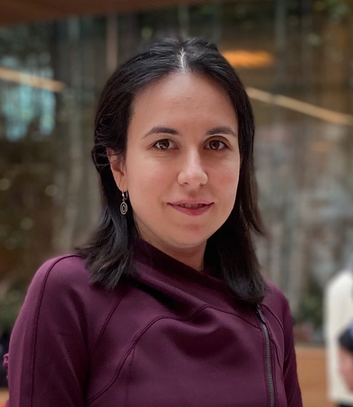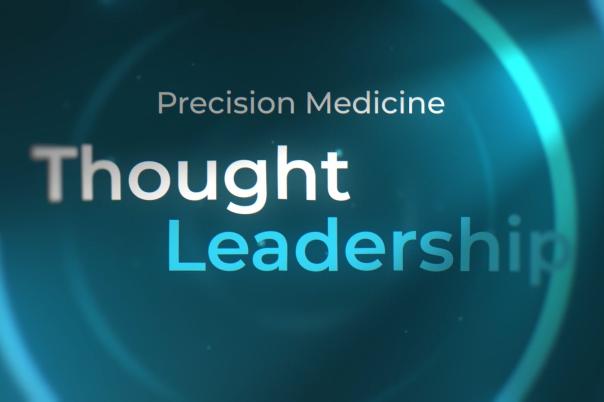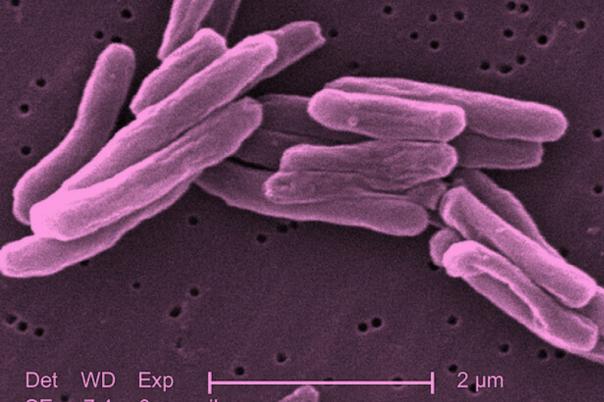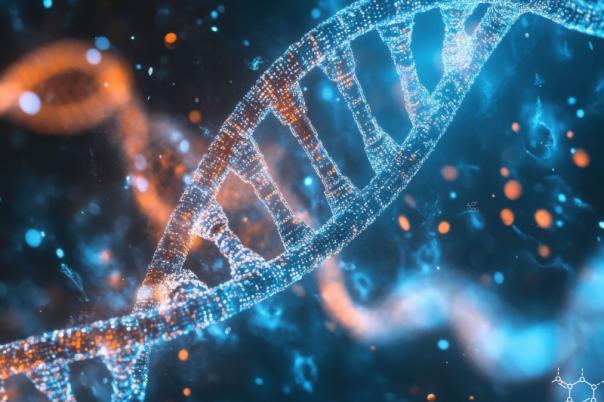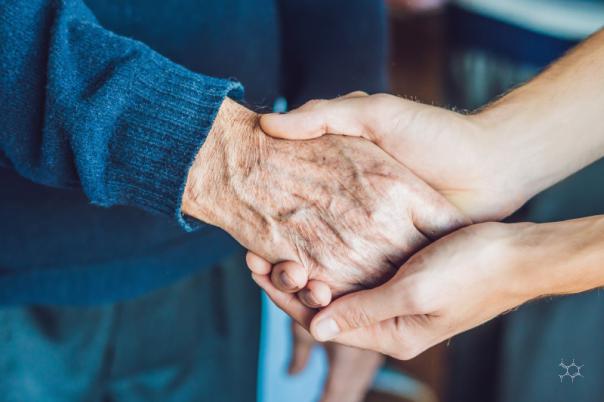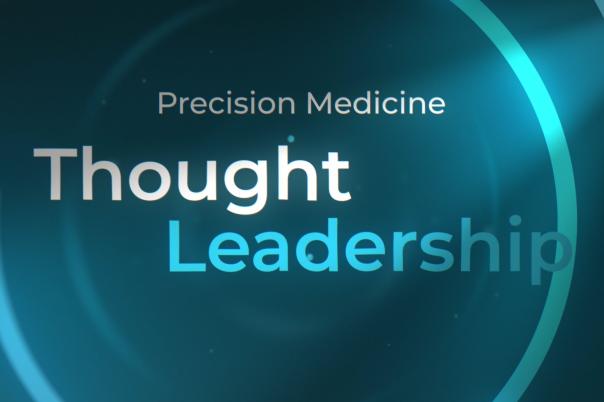In the early 20th century, surgery and radiation, being the standards of care for cancer, were fairly rudimentary, the latter sometimes causing malignancy itself. Since then, the therapeutic options for treating cancer have vastly improved: hormone therapies, combination chemotherapies, targeted approaches, cancer prevention vaccines, and immunotherapies have all emerged in the last century.
Although this impressive jump in care options has caused a significant decrease in morbidity due to cancer, when compared to the 50-60% drop in cardiovascular disease deaths since 1990, the reduction is modest. Given the amount of research, funding, and breakthroughs in oncology, it begs the question: why is cancer such a hard problem?
The answer is the fact that cancer is a very active evolutionary process. Small dormant populations of tumour cells are able to evade treatment and spur on the regeneration of malignancy when they leave dormancy. These cells can adapt to their hostile environment, making the disease harder to treat. Furthermore, tumours are incredibly heterogeneous from patient to patient, making a one-size-fits-all approach less effective.
This is why Cristea’s lab takes an interdisciplinary approach to developing cancer therapies. They work on method development using patient data from clinical trials. The lab focuses on understanding the mechanisms that drive the disease from prevention to initiation, to progression.
In this presentation, Cristea highlights a project which uses AI to predict sample-level cancer progression. evoCancerGPT uses a large language model (LLM) to simulate future cancer states from initial cancer cells. In a similar way to how LLMs can generate sentences by predicting the most likely next word, Cristea Lab’s model generates the evolution of cancer cells by predicting the most likely next gene mutations.
evoCancerGPT allows researchers to explore tumor progression through virtual experiments. The model aims to generate insights into cancer cell behaviour and resistance mechanisms, providing a foundation for future research in personalised cancer therapies.
